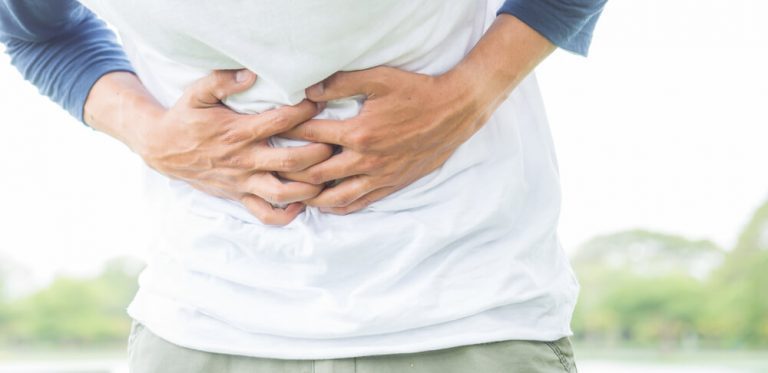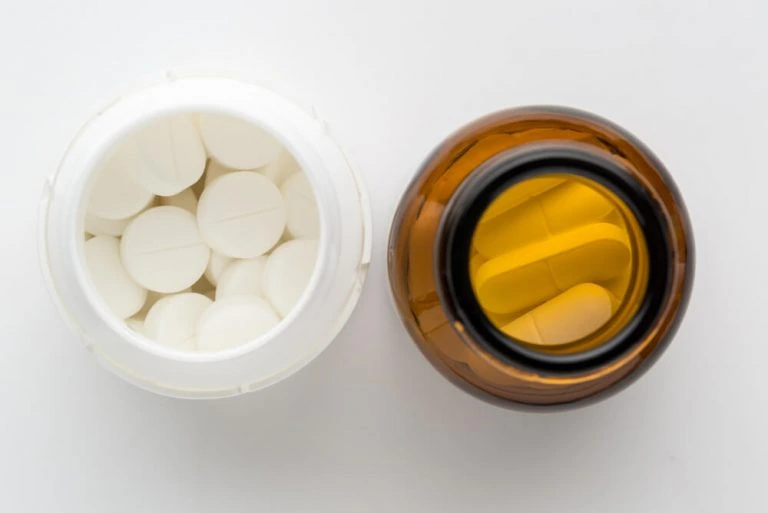Opiate Addiction And Suicide
Opiate addiction and suicide seem to walk hand-in-hand, and mental health specialists find there is more than one reason. Society still labels addicts as junkies, criminals, and other derogatory terms. Addicts suffer from depression up to four times more often than the general population, but only a few seek help because of the stigma attached to drug use.

Opiate Addiction And Suicide Risks Are Real
Opiate Addiction And Suicide
Depression is at the root of many opiate addiction and suicide deaths. People seek relief from the pain in their life, whether it is physical or emotional. Opiates provide that temporary feeling of elation where so many depressed people try to hide, but when the high wears off the depression and pain returns and often with a greater severity. Chronic pain from physical health conditions can also contribute to depression when relief is never more than temporary. An individual suffering from these kinds of personal pain can just have that moment when they feel they might as well take extra doses and wash it down with alcohol. Have you ever wondered why a person would get addicted to opiates in the first place?
It isn’t the “low-life” that is addicted to opiates. Teachers, lawyers, bank tellers, business owners, brilliant students, and your neighbors are the people who battle with opiate addiction. No one asks to be involved in a car accident, injured in a fall, have surgery, become seriously ill, lose a loved one, or have a tragedy occur, but it happens. No one is exempt from the types of incidents that cause extreme mental and physical pain that can result in opiate addiction and suicide.
Suicide And Mental Illness
Suicide and mental illness deaths are on the rise and now outnumber fatalities due to vehicle accidents. The availability of dangerous prescription drugs play a large part in the increase. The Centers for Disease Control and Prevention (CDC) say the largest rise is among adult Americans between the ages of 35 and 64. The CDC’s deputy director, Ileana Arias commented, “There may be something about (baby boomers), and how they think about life issues and their life choices that may make a difference.” Suicide and mental illness can be a result of the problems in a person’s life that are exacerbated by the use of drugs. The drugs may seem to help for the short-term, but when the user isn’t receiving the same results anymore he or she is vulnerable to dependence and addiction.
With addiction comes consequences many find hard to accept. Loss of job, distancing from family and friends, financial issues, and legal problems become too much for some people to deal with. A handful of pills and a bottle of vodka may seem like the only solution to the problems he or she faces.
Addiction And Mental Health
When a person suffers from addiction and mental health problems, it is referred to as dual diagnosis. Addiction to drugs in addition to a psychiatric disorder such as schizophrenia, bipolar disorder, depression, panic disorder, or borderline personality disorder goes undiagnosed and untreated far too often. Many professionals believe the lack of mental health issue diagnosis leads to significant issues with relapse. Better Addiction Care (BAC) is a drug treatment referral service that connects people with addiction and mental health problems to the top facilities that can treat these issues.
If you are addicted to drugs or afraid you are becoming dependent, a phone call to BAC will connect you to a drug rehab treatment facility that will respectfully treat you as an individual and design a personalized treatment program to get you into long-term recovery. Don’t risk becoming a statistic. Make the call and take back your life today.
If you or a loved one is struggling with addiction, get help right away. Make a phone call that will connect you to a professional drug treatment center. The call you make may save your life or the life of someone you love. Call us today at (800) 429-7690.





